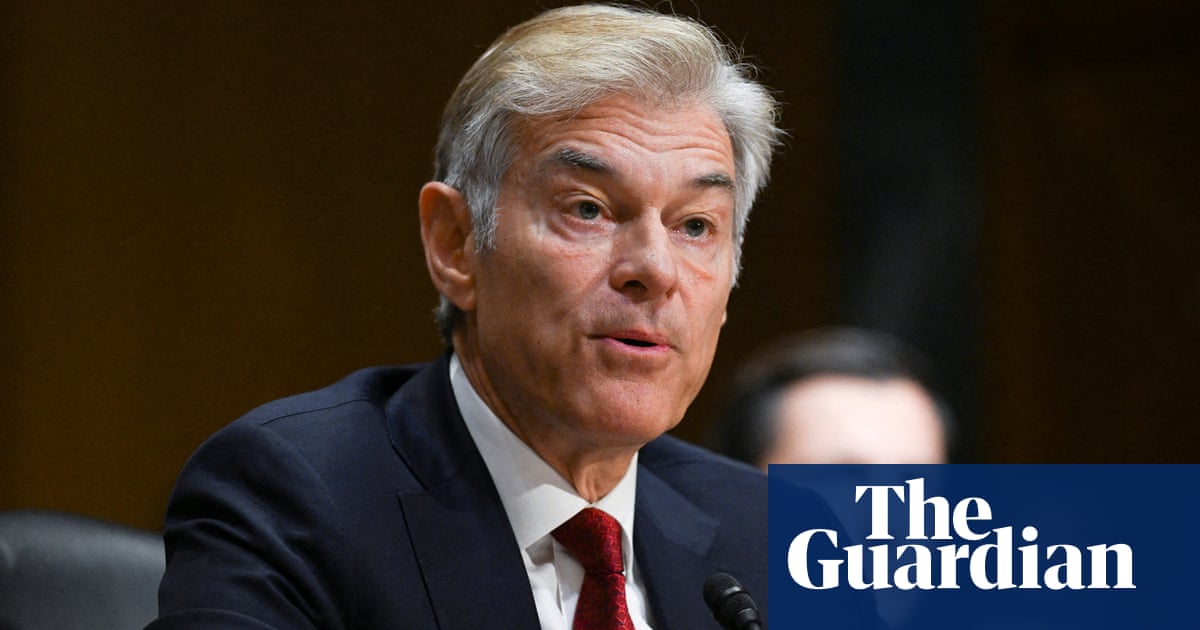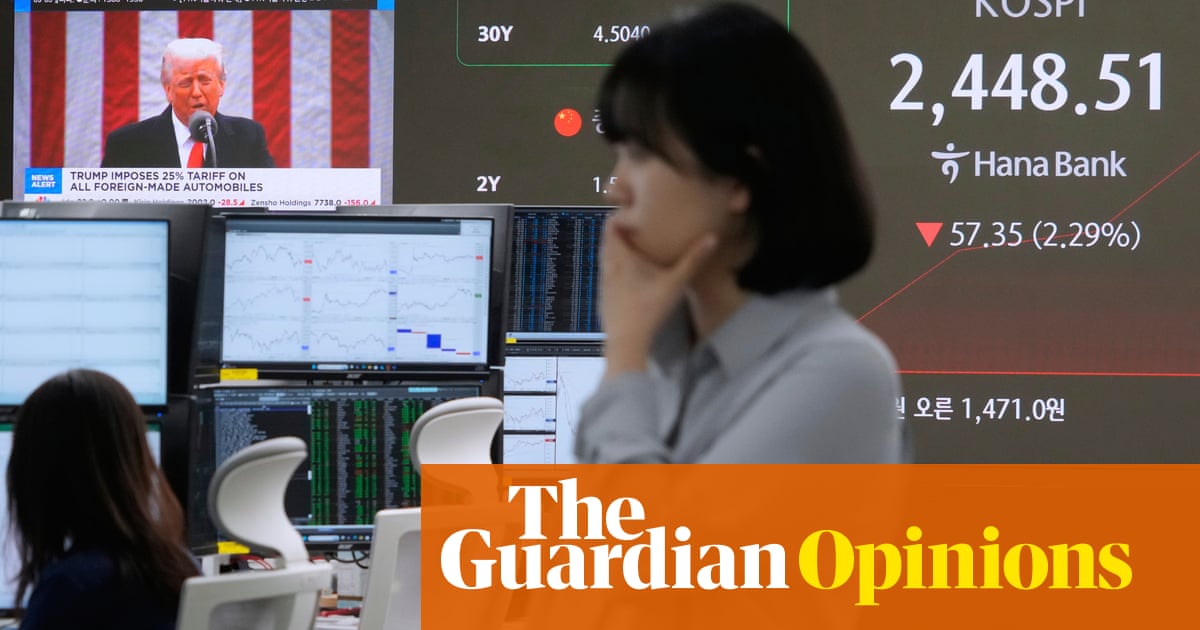It may have been straight after Megxit – when Meghan and Harry decided to “step back” from the royal family in 2020; or it may have been a year later, when Oprah Winfrey stepped in to clear things up in a long interview that made everyone in and around the history of British royalty – basically all of us, everywhere – sound quite bad. Either way, it was a while ago that I decided to have no further view on the Duke and Duchess of Sussex. Or were we supposed to change their address once they’d left: Commoner and Commonness of Sussex? Not my concern: as I said, no further view.
Called upon to pick a side in any given culture war, you always have to gloss over certain complexities and contradictions, and nowhere more so than in this one. Inconveniently, it’s possible for all the things to be true. It’s possible that there are racists in the royal household, and for Meghan Markle to have been rude to members of it. It’s possible that Prince William bullied Prince Harry remorselessly, while Harry himself, in a different context – a Spotify production meeting, for instance – is the difficult one. It’s possible, indeed observable, that the British tabloid media waged a crusade against Meghan, attacking everything from her comportment while pregnant (according to the Express, she used “sneaky tricks to flaunt her bump”) to the implications of her vegetable preferences (the Daily Mail memorably associated her, via the avocado, with human rights abuses, drought and murder). It’s true that much of the red-tops’ coverage was racist, and plausible – as Meghan and Harry argue convincingly in their 2022 Netflix documentary – that this unleashed a tide of white-supremacist bile on social media.
Yet it’s also true that Harry and Meghan occupy a difficult position, dependent on media attention and yet disgusted by it. They’re questing after a status in which they’re talked about all the time, but they get to control what’s said. The royals in aggregate discovered this wasn’t possible at least 500 years ago; celebrities, meanwhile, have less riding on their innate superiority and the dignity of their office, so seem to cope better with an unruly narrative.
It’s been a heady cocktail, in other words, the marriage of royalty and small-screen stardom, and the Sussexes have sometimes come out of it looking a bit askew, words such as “entitled” and “attention-seeking” clustering round them as pejoratives, when that is the kernel of their existence. Royalty is defined by entitlement. Celebrity is the logical endpoint of attention: it couldn’t exist if nobody sought it. Nevertheless, the hostility meted out to them has been wildly disproportionate and ideologically driven, if we can call amorphous anti-wokery anything as grand as an “ideology”. All the criticisms and smears launched against everyone, by anonymous and named sources everywhere, have a plausible ring, and the safest thing in such a circumstance is to stay out of it – but the muddier it looks, the more people are driven to investigate.
Last week, Vanity Fair landed a new chapter of truth-behind-the-facade, in which we learn that the couple are nearly divorced, but still desperately in love; that they are terrible neighbours, while at the same time (per Sharon Stone) brilliant neighbours; that they are tricky characters to work with, but from another angle, it doesn’t sound like trickiness. One former Spotify employee complained that they “didn’t do what celebrities do on podcasts, which is turn on the mic and talk. They wanted a big theme that would explain the world, but they had no ideas.” It’s actually fair enough: you don’t have to be Nietzsche before you can say, “I’d rather not just drone on about my breakfast routine.”
The fact is, media demonisation creates the demons it needs. It spurs the defensiveness that’s obnoxious to behold. It summons the witnesses it needs, whose supply – since they’re anonymous – is infinite. It is the attention economy that it then castigates people for trying to monetise. It’s kind of impressive, magical even, a mill that can create its own grist. But it doesn’t seem very fair.
Zoe Williams is a Guardian columnist
-
Do you have an opinion on the issues raised in this article? If you would like to submit a response of up to 300 words by email to be considered for publication in our letters section, please click here.

.png) 2 months ago
31
2 months ago
31













































